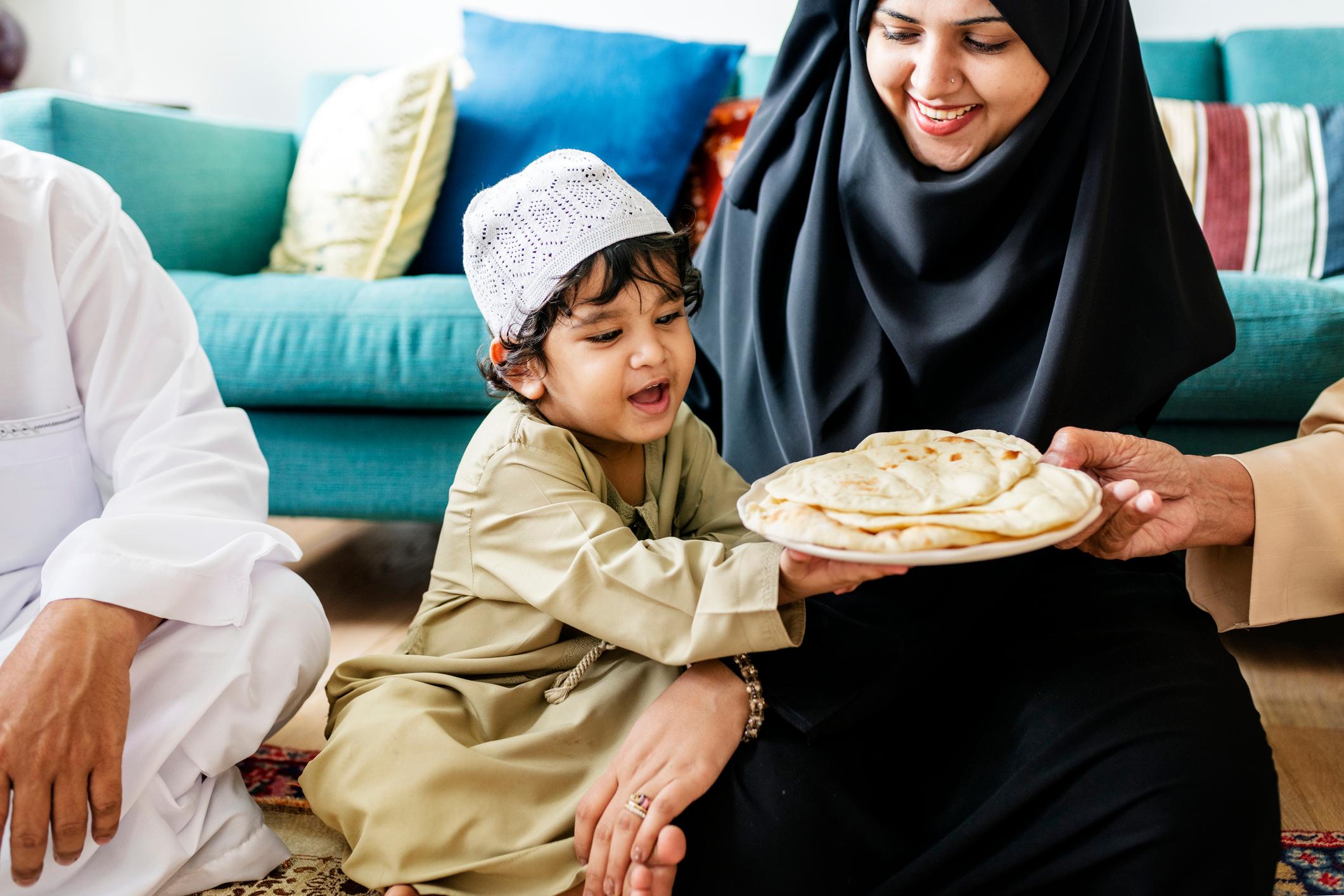UK Poverty 2025: The essential guide to understanding poverty in the UK
This report sets out the nature of poverty in the UK in the run-up to 2024's General Election. It also sets out the scale of action necessary for the Government to deliver the change it has promised.



